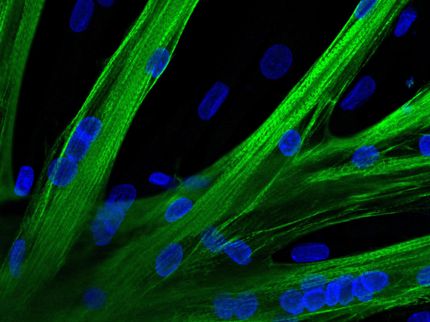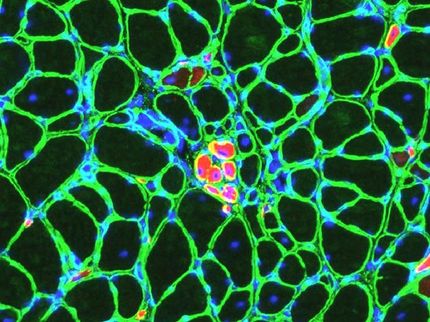Trial could lead to new treatment for most common form of muscular dystrophy
Patients with the most common form of muscular dystrophy, Duchenne, often lose the ability to walk by the time they reach age 12 and typically only live to reach their 20s. Now, University of Florida Health researchers are participating in a key late-stage clinical trial that could lead to a new therapy for some children with this condition.
Sarepta Therapeutics will provide up to $1.6 million to UF Health to serve as a major site for the third phase of a clinical trial that, if successful, could help some patients with Duchenne maintain mobility and pulmonary function longer.
Early results from the first two phases of the clinical trial for a drug called eteplirsen have been promising in some patients with the disease, extending the length of time they were able to walk compared with a control group of study participants who did not receive the drug, said Barry Byrne, M.D., Ph.D., principal investigator for the hub site at UF Health and a professor of pediatrics in the College of Medicine.
Results announced in January from the second phase of the study showed that participants were still able to walk and had stable respiratory function 168 weeks into the study.
Duchenne muscular dystrophy is an inherited condition that occurs when a faulty gene located on a person’s X chromosome prevents the body from producing the protein dystrophin. Dystrophin plays a key role in helping muscles remain intact and protecting them from injury. Because the gene is found on the X chromosome, the condition only affects boys because they have only one X chromosome. Girls have two, giving them an extra dystrophin gene that works properly.
The hope is that in some Duchenne patients, eteplirsen can be used to produce a shorter-than-typical version of the dystrophin gene. The idea is similar to what occurs naturally in patients with another form of muscular dystrophy, Becker muscular dystrophy, Byrne said.
“The strategy is borrowed from the observation that patients with Becker muscular dystrophy have a truncated protein,” said Byrne, who also serves as director of UF’s Powell Gene Therapy Center. “Dystrophin is the largest protein in the body. Regions of it are repeated. These long, repeated segments of the protein can be shortened and still maintain function.”
Although the method would not be a cure, it could potentially delay the loss of function in Duchenne patients. Patients with Becker muscular dystrophy typically do not decline as rapidly as those with Duchenne. In addition, they have a longer lifespan, often living to middle age and beyond, according to the Muscular Dystrophy Association.
Most read news
Organizations
Other news from the department science

Get the life science industry in your inbox
By submitting this form you agree that LUMITOS AG will send you the newsletter(s) selected above by email. Your data will not be passed on to third parties. Your data will be stored and processed in accordance with our data protection regulations. LUMITOS may contact you by email for the purpose of advertising or market and opinion surveys. You can revoke your consent at any time without giving reasons to LUMITOS AG, Ernst-Augustin-Str. 2, 12489 Berlin, Germany or by e-mail at revoke@lumitos.com with effect for the future. In addition, each email contains a link to unsubscribe from the corresponding newsletter.
Most read news
More news from our other portals
Last viewed contents























































